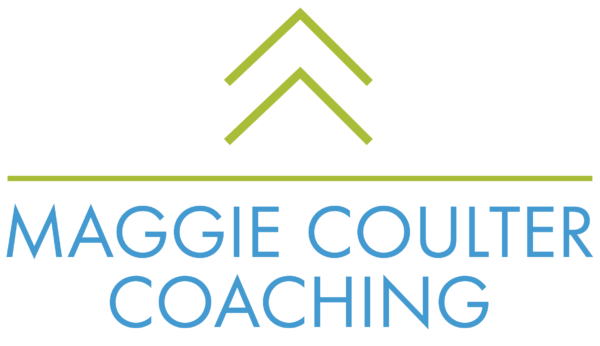How to Plan Financially for Successful Career Transition
Focus on Your Journey:
How to Plan Financially for Successful Career Transition
Do What You Love, The Money Will Follow is Marsha Sinetar’s promise in her 1987 book of the same name. It’s a satisfying, in-depth exploration into what it takes to create “vocational self-expression,” as she describes. In the age of soundbytes, however, most people only remember the title and interpret it to mean that money will magically appear if you take a big leap in your career.
The truth is, it doesn’t work that way. The money follows when you’re realistic about your finances and you plan accordingly. That reality doesn’t mean you need to abandon your dream to create meaningful work for yourself. Rather, you’ll have a much better chance of realizing your dream when you factor in your financial wants and needs along the way.
Recently, I sat down with Certified Financial Planner, Shan Janmohamed, to hear his thoughts on the matter. Shan’s main goal is to give his clients peace of mind through financial planning, so they can enjoy their lives without always worrying about their money. Here are his recommendations for a financially sustainable career transition:
#1: Create a personal cash flow analysis
With a financial planner or on your own, identify your cash inflows and outflows (read more about personal cash flow analysis here). You want to get a clear picture about what you’re actually spending your money on now and what you’ll be willing to sacrifice if your career transition involves a temporary dip in income (e.g. if you plan on going back to school, changing industries, or starting a small business).
#2: Identify benchmarks before major impact
Financial planners help you plan your finances over your expected life span, taking into account anticipated retirement age, travel plans, downsizing and possible medical expenses. A temporary change in income is not going to make a big difference in the long run and establishing benchmarks for your successful transition can ensure there are no major impacts to the big picture of your finances.
For example, a small business with a good business model typically takes 3 to 5 years to build into a profitable venture. If you’re still seeing red by that time, you may want to consider a plan B to avoid a longer-term impact on your finances.
#3: Focus your attention on where you’re going, not what you’re trying to avoid
This suggestion comes courtesy of Shan’s mother, a wise woman whose pearls of wisdom Shan frequently shares. If you’re taking a trip, she says, the best way to get there is to focus on your destination and the journey of getting there, rather than where you’d like to avoid going. If you have to spend all of your time trying to avoid financial ruin due to poor planning, you may end up there nonetheless because that’s where your attention is focused (where attention goes, energy flows).
“People worry about what they don’t know,” Shan reminds us, and “putting a 3 to 5 year financial plan in place allows you to forget about money and focus on what you need, such as training and learning to be successful in your new career.”
Making a career transition can be challenging enough when you have to sift through society’s soundbytes for clarity, and resist the desire for instant gratification in the form of a big leap into the unknown. By embracing financial planning for your career change, you set yourself up to be as successful as you can without giving away valuable attention and energy to money worries.
And in case there is still any doubt about Martha Sinetar’s intentions in her book, here’s a key ingredient from her “formula” for discovering your right livelihood:
That we plan a small, safe, gradual and perhaps even conservative approach to bringing our essential inclinations into being. In small steps we choose to demonstrate whatever it is we genuinely value.
Do you feel stuck in your career or are you longing to make a change? Consider Career Transition Coaching to help you figure out your next steps, address any obstacles, and develop the confidence to move forward. Contact Maggie today for a free consultation.
Also, if you’d like to discuss financial planning for your household and/or business, click here to contact Shan Janmohamed with Investors Group.
